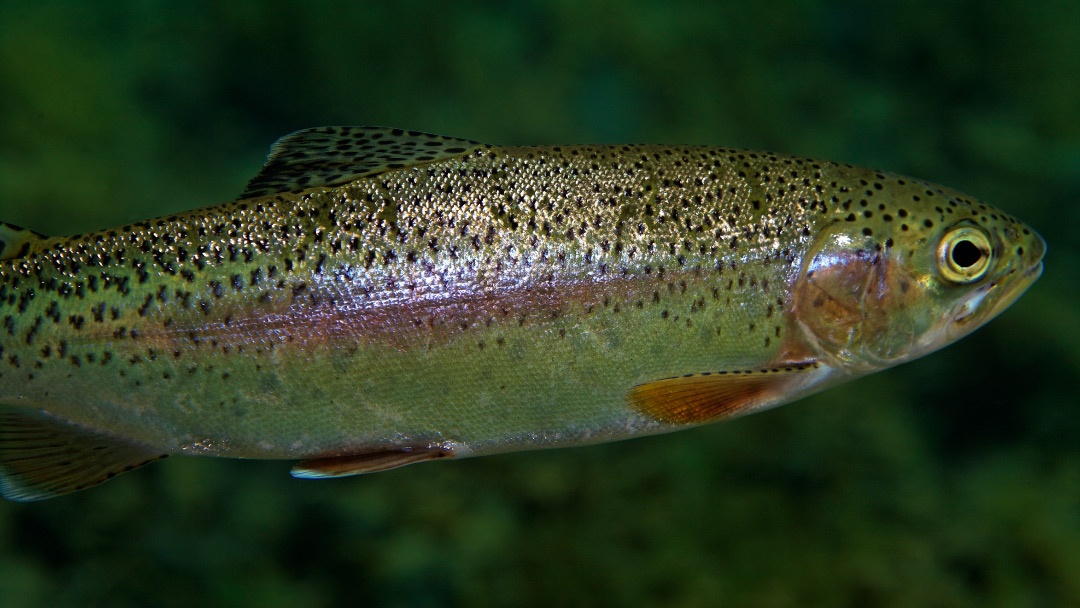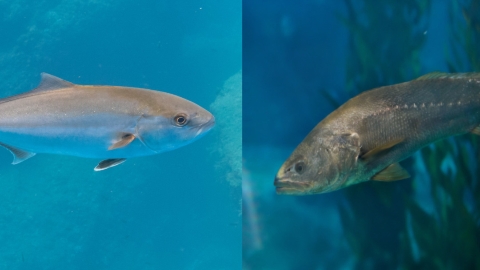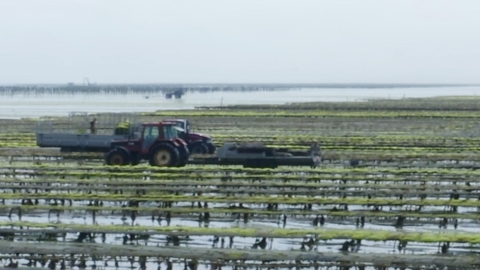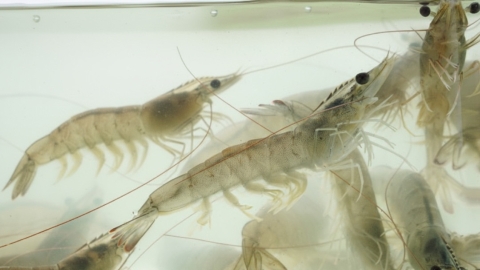
An international team of researchers from the University of Porto, in Portugal, and the University of Murcia, in Spain, has published a study in the journal Fish Physiology and Biochemistry analysing the effects of short-term induced swimming on the health and stress levels of juvenile rainbow trout (Oncorhynchus mykiss).
The research stands out because it goes beyond earlier work focused mainly on growth and metabolism. Instead, it quantifies the positive impact of exercise on key health indicators, such as immune and antioxidant responses, offering new insights into how fish can be better prepared for stressful events like handling and transport.
The study assessed the impact of controlled swimming activity on juvenile rainbow trout. As the authors explain, “short-term induced steady swimming under low and high conditions could be used beforehand when applying procedures that decrease welfare in farmed rainbow trout, such as handling or transport, aiming to reduce stress, improving immune and antioxidant responses.”
The results showed that trout subjected to induced swimming displayed a reduced physiological stress response when later handled. Levels of cortisol and glucose – widely recognised markers of stress – were significantly lower in exercised fish compared to sedentary controls.
Exercised trout also exhibited higher activity of enzymes such as catalase and superoxide dismutase, which are crucial for neutralising oxidative damage. “These results demonstrate that exercise can prime the antioxidant system of juvenile trout, increasing resilience to stressful conditions commonly faced in aquaculture operations,” the authors noted.
Crucially, the researchers emphasised that these benefits were achieved without compromising growth performance. On the contrary, stimulating the fish’s physiological defence mechanisms through moderate, short-term exercise could prove to be a practical tool for improving animal welfare in aquaculture.
The authors conclude that integrating controlled swimming regimes into husbandry practices may help to mitigate the negative impacts of common procedures such as transport, crowding and grading, ultimately enhancing both welfare and robustness in farmed rainbow trout.



